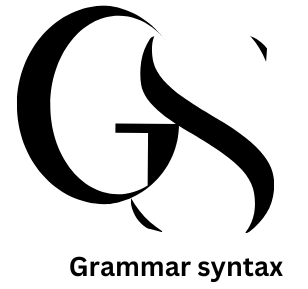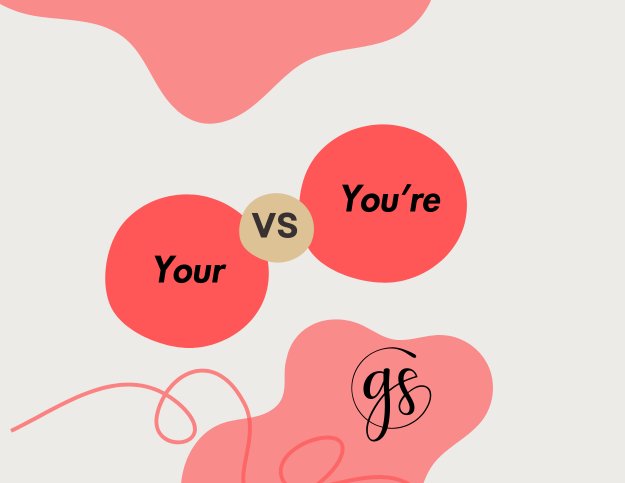Introduction You is a pronoun. It’s used to refer to the person or people being addressed. You’re is a contraction of “you are.” It’s used when you want to shorten
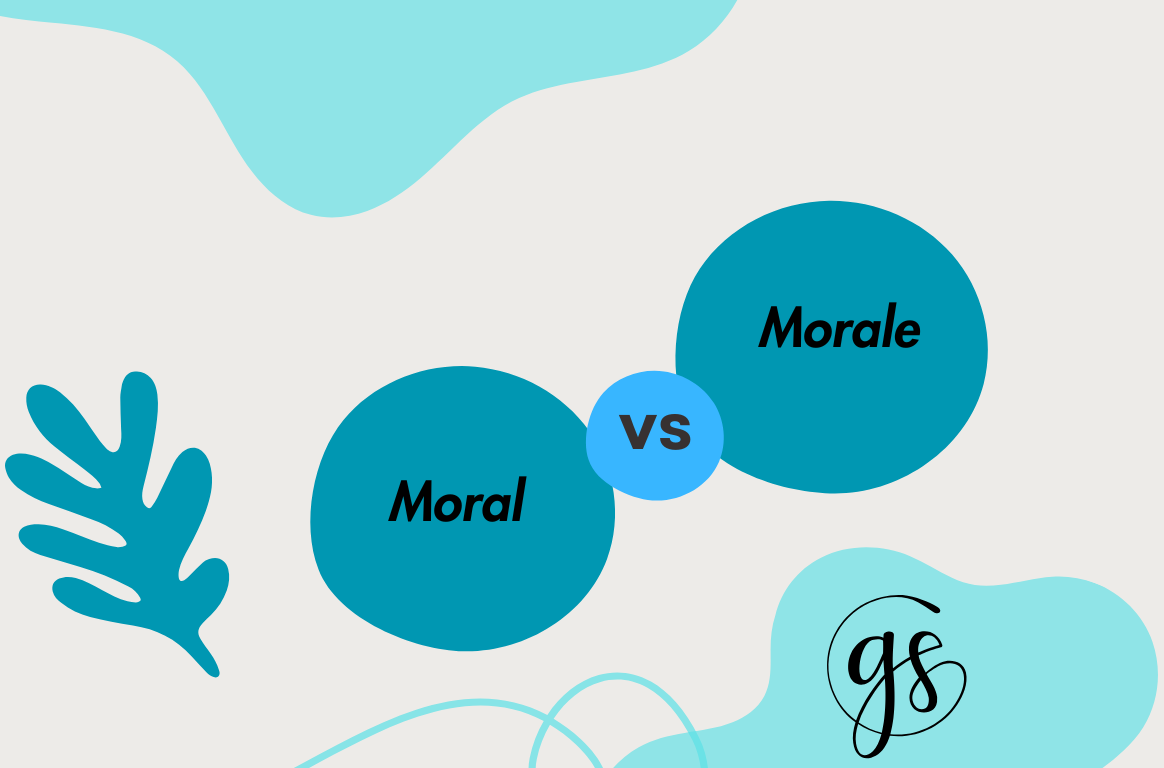
Moral vs. Morale (Meaning + Usage)Moral vs. Morale (Meaning + Usage)
Introduction Moral meaning: It refers to the ethical or values-based lesson or significance that can be drawn from a situation, story, or action. It often concerns what is right or
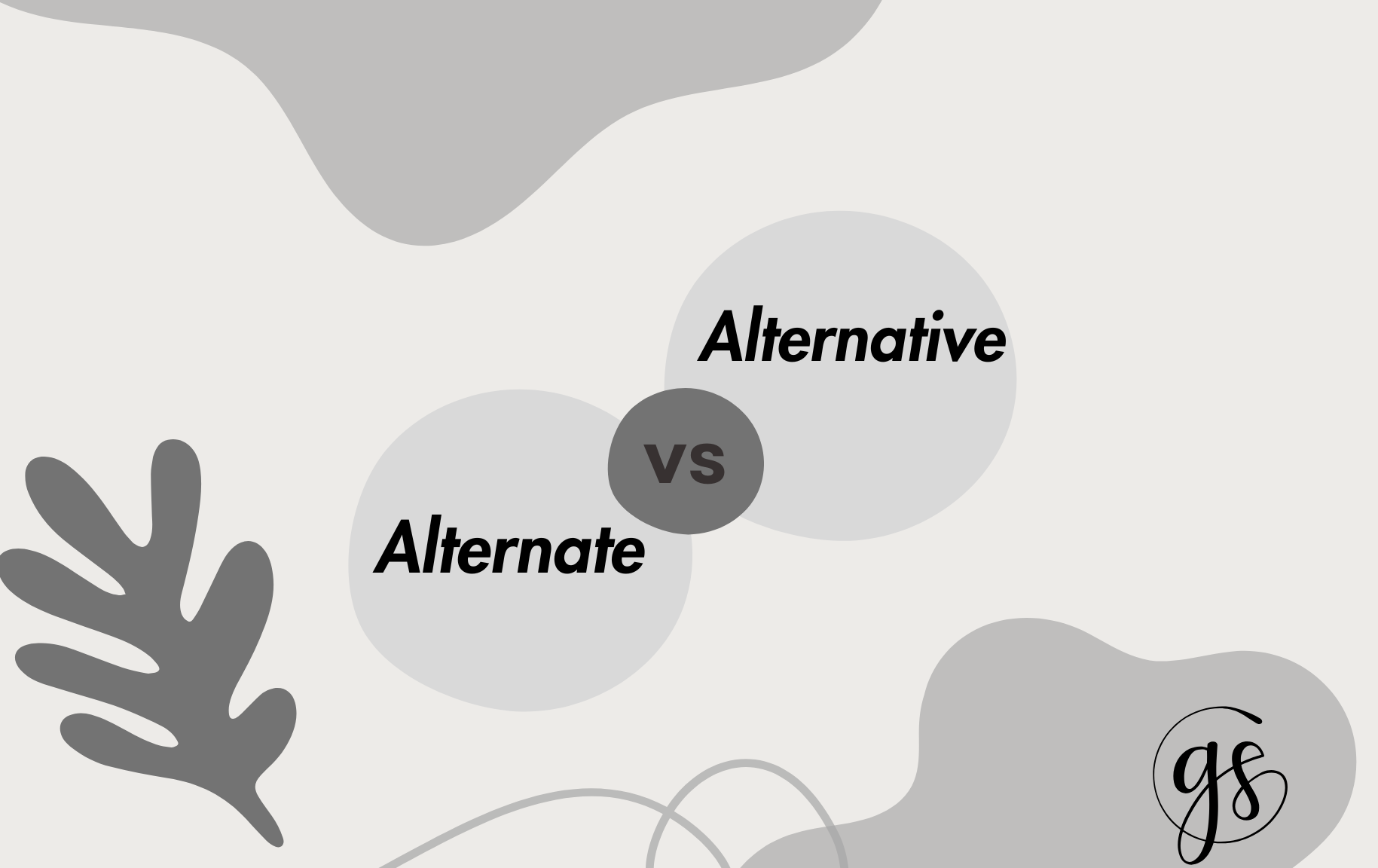
Alternate vs. Alternative (Correct Usage, + Examples)Alternate vs. Alternative (Correct Usage, + Examples)
Introduction At first glance, they seem synonymous; both suggest options or choices. Alternate meaning: As an adjective Every other (happening in turn, or at regular intervals).Different or other (something that
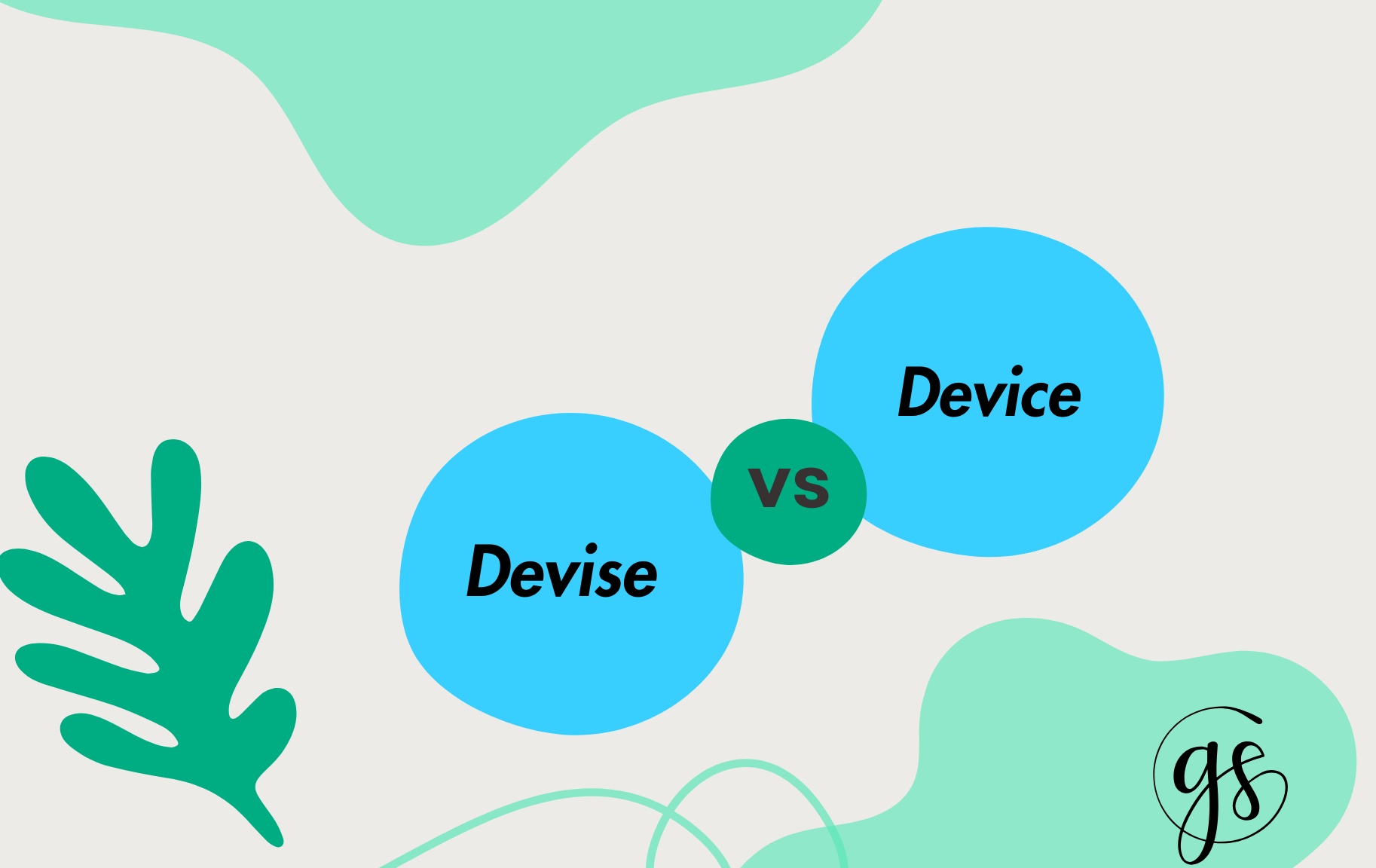
Devise vs. Device? (Meaning, Usage)Devise vs. Device? (Meaning, Usage)
Introduction In the world of writing, clarity is essential, yet even seasoned wordsmiths can find themselves tangled in the web of similar-sounding terms. Devise or Device meaning Devise means to
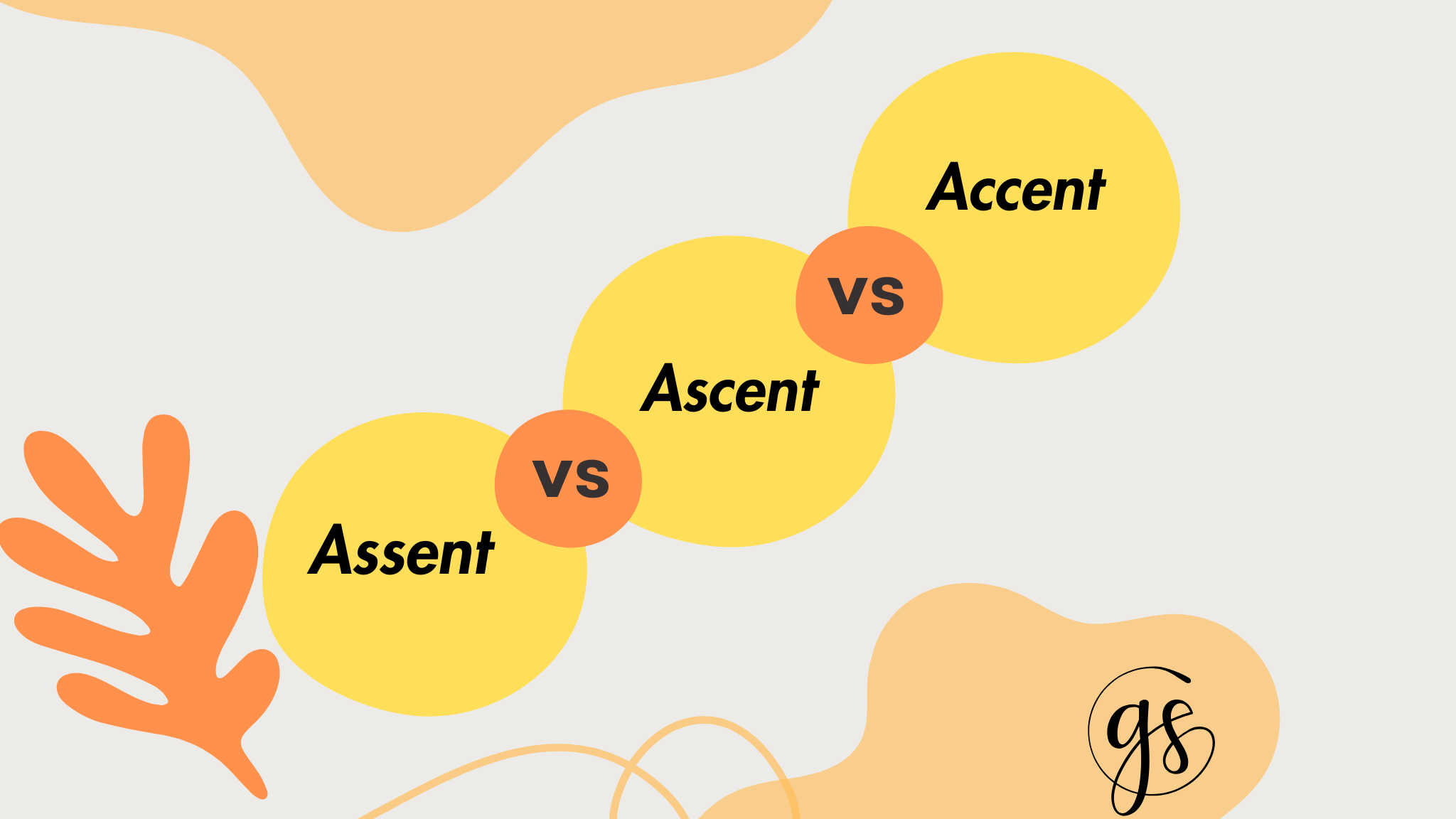
Assent or Ascent (or Accent?)Assent or Ascent (or Accent?)
Introduction: Meaning Assent meaning: This refers to the expression of approval or agreement. It’s often used in contexts like formal discussions or decision-making, where someone agrees to a proposal or
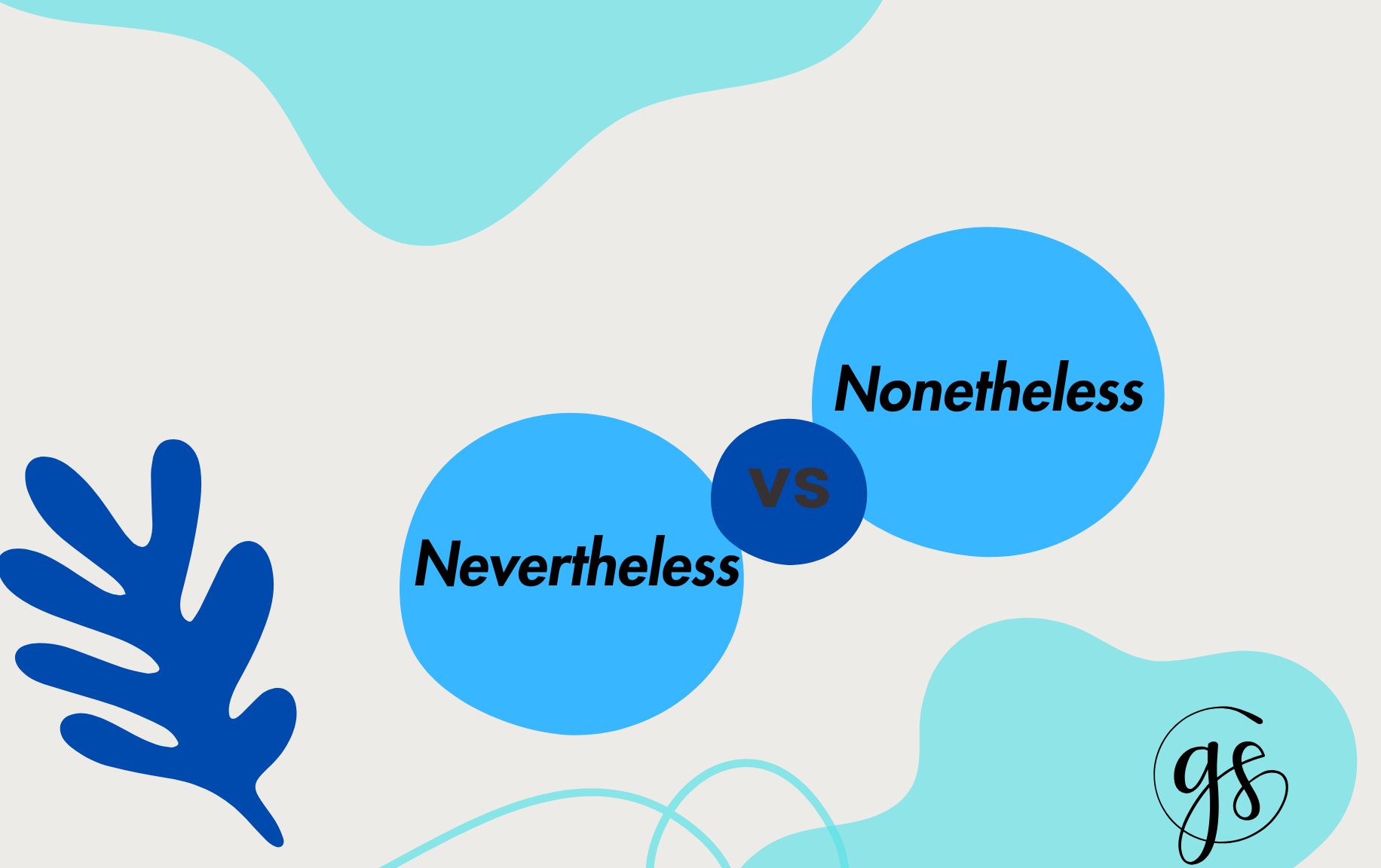
What’s the Difference Between Nevertheless vs Nonetheless?What’s the Difference Between Nevertheless vs Nonetheless?
Introduction: Language changes over time, and small differences between words can show deeper meanings. For example, consider the adverbs nevertheless and nonetheless. At first, they seem similar because both connect
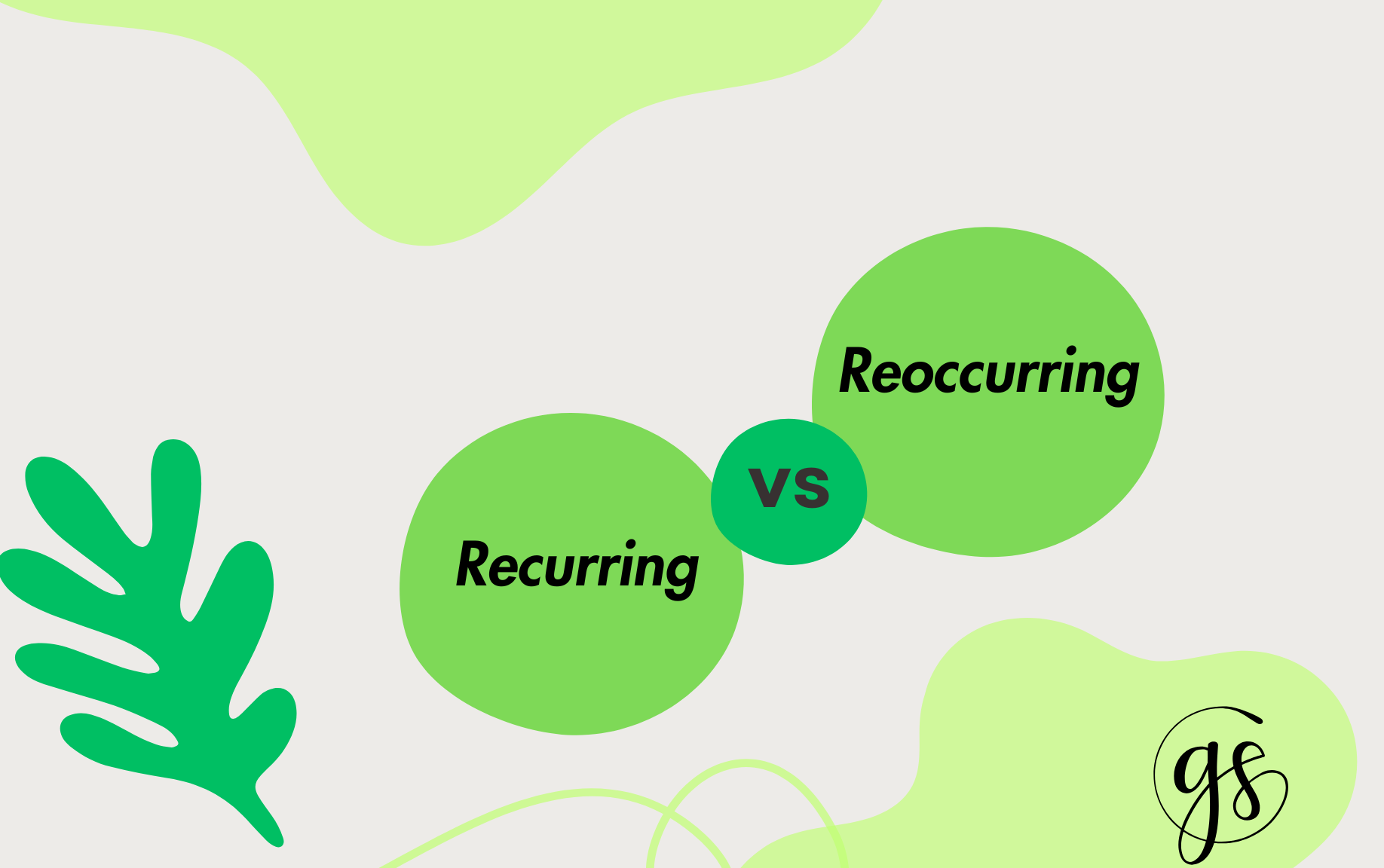
Recurring vs. Reoccurring (Correct Usage, + Examples)Recurring vs. Reoccurring (Correct Usage, + Examples)
Introduction: Meaning Recurring meaning is something that happens repeatedly over time, often with a predictable rhythm or cycle like the changing seasons or my annual ritual of hiking in the
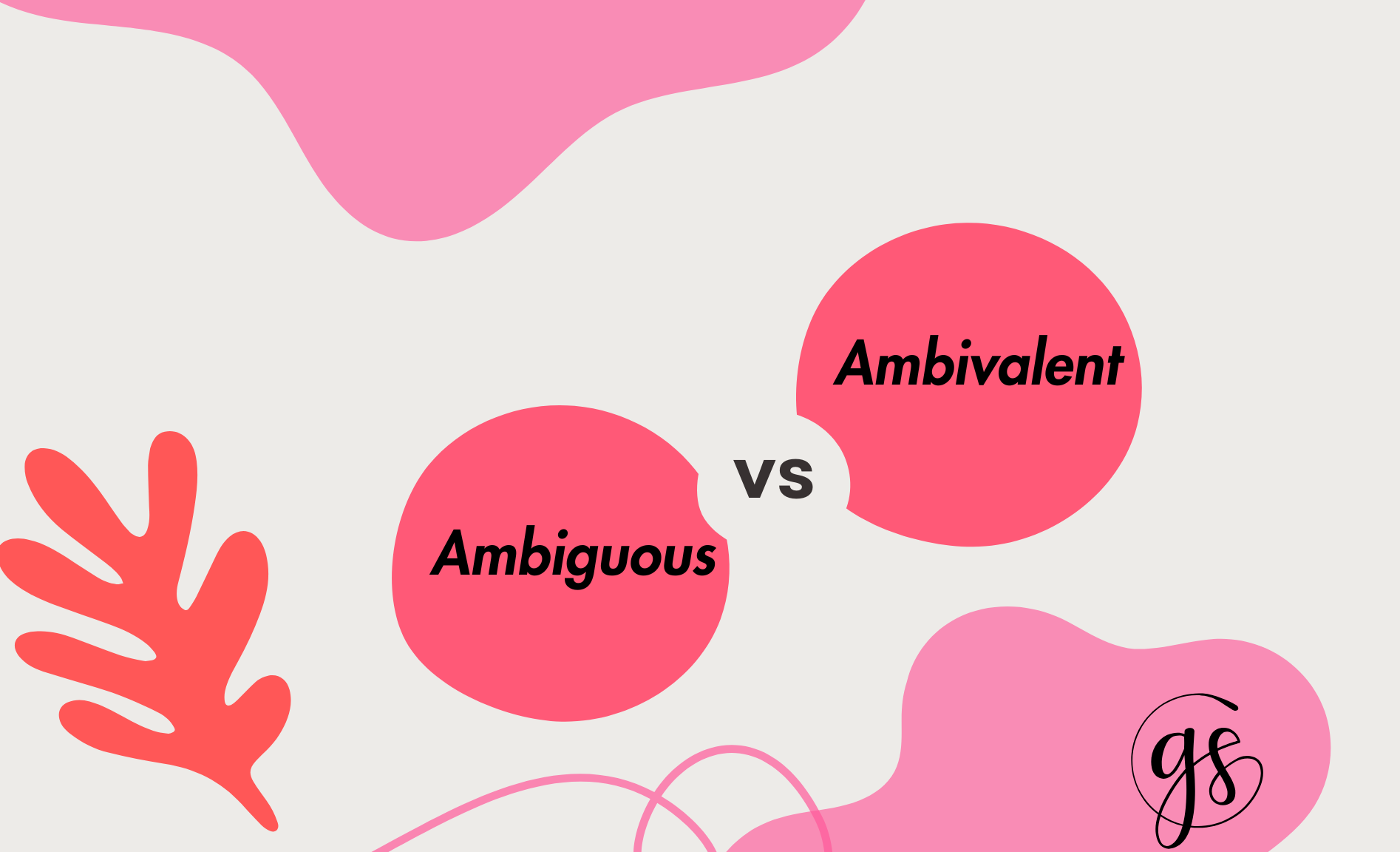
What’s the Difference Between Ambiguous & Ambivalent?What’s the Difference Between Ambiguous & Ambivalent?
Are ambiguous and ambivalent the same? The words ambiguous and ambivalent are adjectives often get mixed up, but they carry different meanings that can shape our understanding of situations and
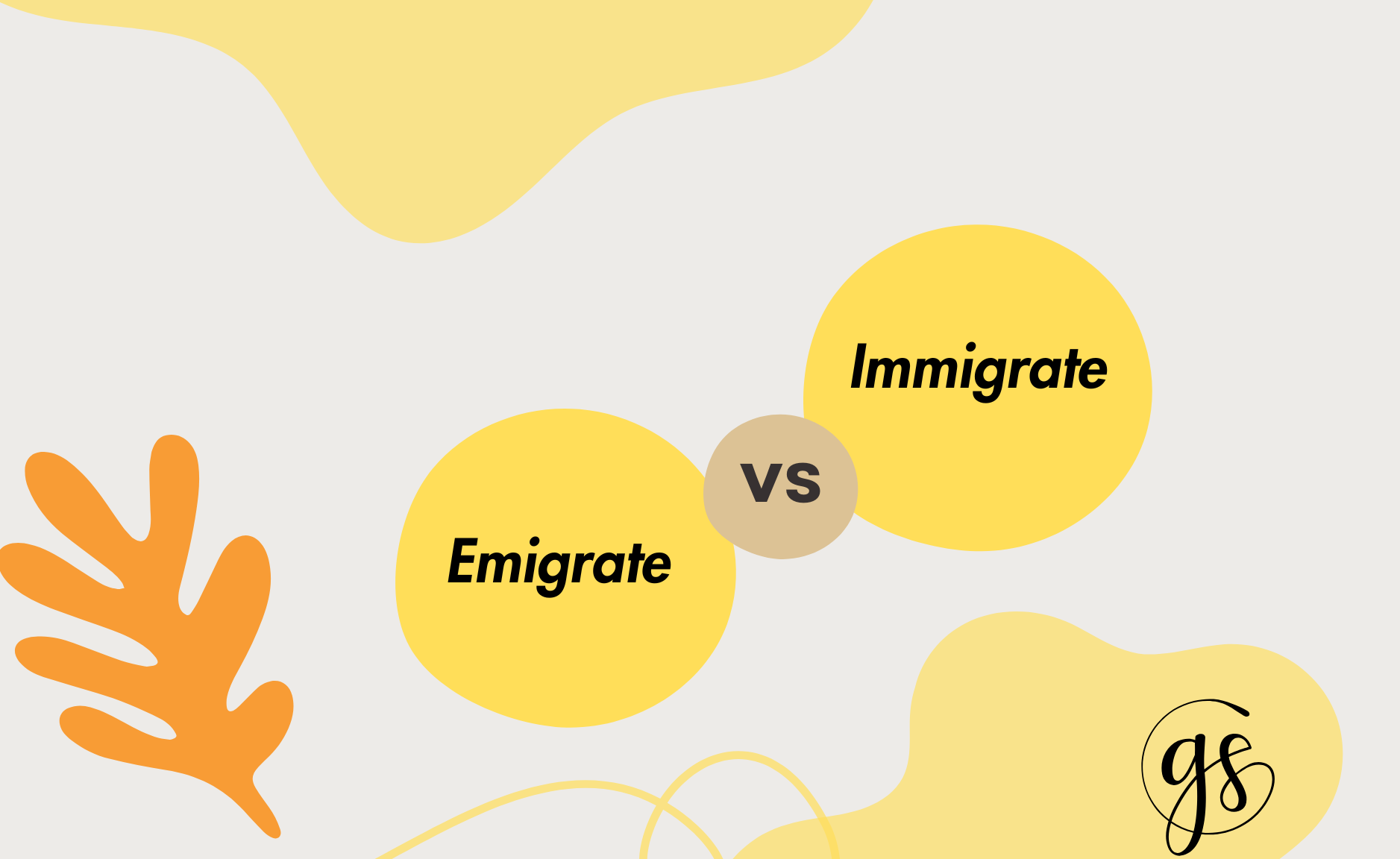
Emigrate vs. Immigrate (Meaning + Examples)Emigrate vs. Immigrate (Meaning + Examples)
Introduction: Meaning In this article we will tell about Emigrate vs. Immigrate (Meaning + Examples) . To emigrate meaning is to leave one’s home country with the intent of settling

What’s the Meaning of the Word “Connotation”?What’s the Meaning of the Word “Connotation”?
Introduction Connotation is a concept or emotion that a word draw out for an individual, beyond its explicit or primary definition. Connotation means an idea or feeling which a word invokes for
